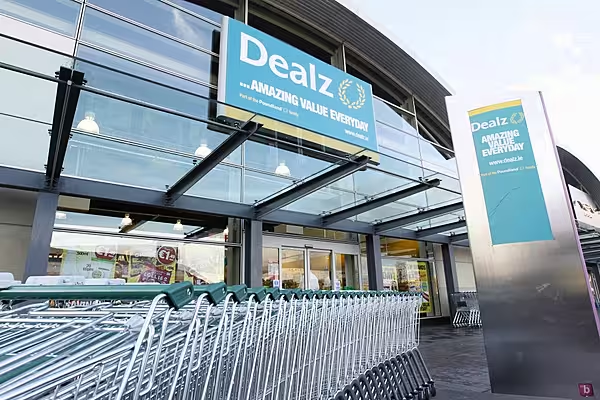South African clothing and furniture retailer Pepkor Holdings said on Friday sales for its fiscal third quarter ended 30 June slumped 17.2% after its stores were shut for some of the period due to a COVID-19 lockdown.
Even before the global health crisis, South African brick-and-mortar retailers were struggling with weak consumer spending amid slowing wage growth, high utility costs and high unemployment. The pandemic has compounded these problems.
Pepkor's third quarter coincided with the country's lockdown from late March when only food and essential retailers were allowed to operate. The country partially lifted restrictions in May and again in June.
The owner of budget clothing retail chain Pep and Russels furniture chain said it probably lost 5 billion rand ($298 million) in revenue in April, when all stores were shut.
Sales in the clothing and general merchandise business, which generates 65% of revenue, tumbled 15.9% in the quarter, partly impacted by weak back-to-school trading as many schools have been closed since the lockdown began.
The stores were allowed to sell winter and baby clothes in May and traded fully from June. This benefited Pep and budget clothing retailer Ackermans.
'Strong Trade'
"Very strong trade was achieved during May and June 2020 as lockdown measures eased and can be attributed to pent-up demand, social grant payments as well as the value propositions the group's brands," Pepkor, a subsidiary of Steinhoff International , said.
However, the firm said it was expecting a constrained retail environment over the next 18 months.
The furniture, appliances and electronics, and building materials businesses were only allowed to trade fully from June. Sales there fell 21.8% and 41.9% respectively.
Overall sales for the nine-months ended 30 June dipped 1.5% to 52.3 billion rand.
Earlier on Friday, higher-end department stores chain Woolworths Holdings flagged a small fall in annual sales due to the lockdown.











